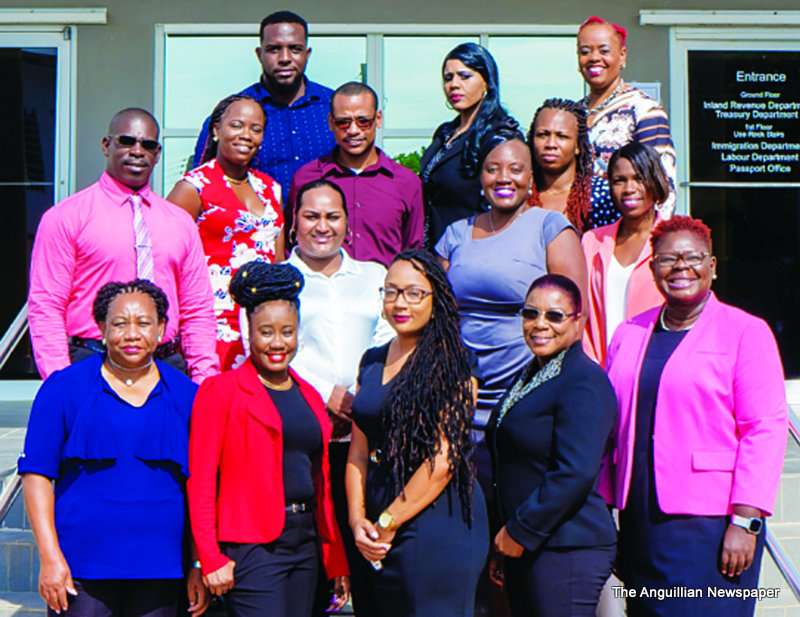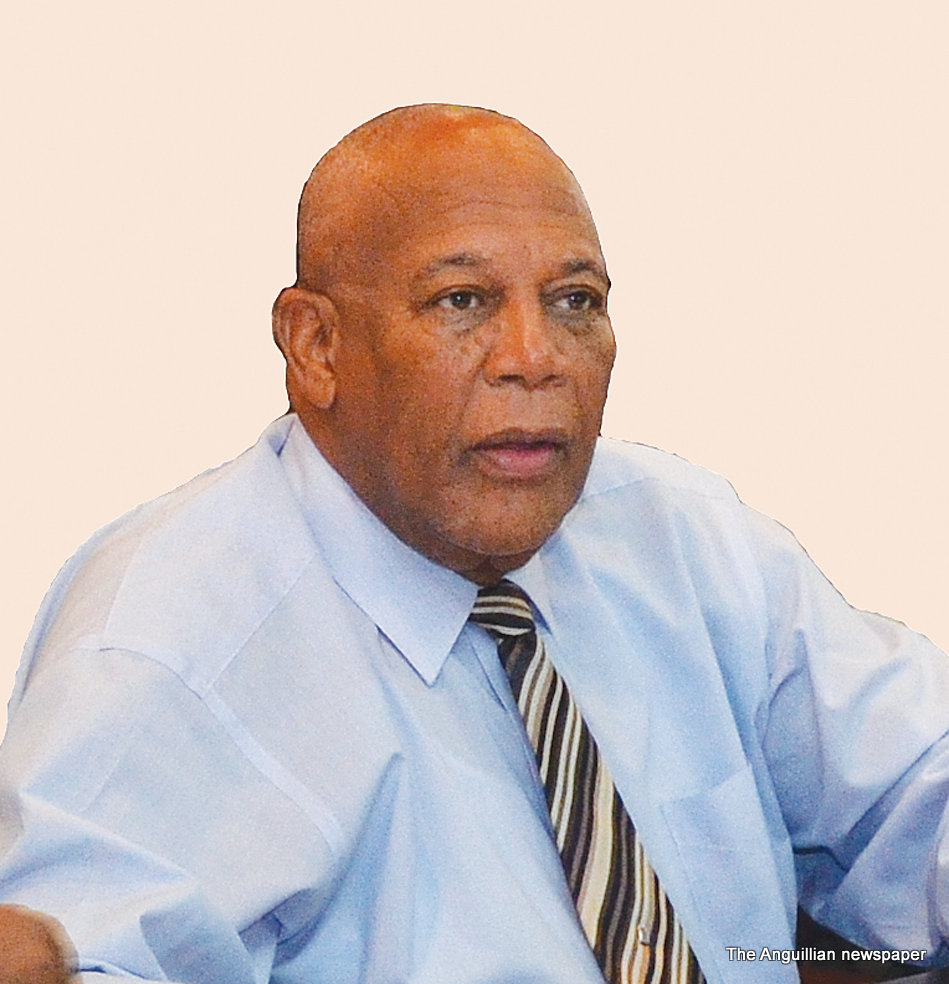
This year the Department of Probation observes fifteen years of supervising offenders in the community. I, along with members of my Senior Management Team and staff of the Department of Probation, are pleased to observe Probation Week 2020 under the theme ”Creating a Safer Anguilla Through Rehabilitation.” Though the events and activities have been much scaled back from what were initially envisioned, this is an occasion which warranted some level of celebration.
Since 2005 with the inception of probation services on the island, the Department has grown significantly and continues to be a viable and respected option within the Criminal Justice System. Over the years the Department has had to adjust to the demands on the service and the needs of offenders;
? Community Service Officer (2007) – This officer was expected to lead and develop the community service programme which has now amassed over 20 placements across the island. I wish to thank those departments and businesses who have supported this area of the Department’s work. Since 2005, this unit has assigned and managed over 44,000 hours.
? Correctional Services Counsellour (2008) – To develop and deliver intervention techniques and treatment programmes for clients of the probation department.
? Juvenile Residential Centre – Zenaida Haven (2009) – After several years of planning a secure residential facility, for young male offenders between the ages of 12 – 17, was opened as a “short term interim measure.” It is envisioned that a co-ed facility will one day be available to meet the needs of female juvenile offenders.
? Parole System 2013 – Necessitated the addition of staff to assist in the implementation and roll out of the release of prisoners on licence (parole).
Earlier this year, with the support of UNICEF and the Ministry of Social Development, the OECS Draft Child Justice Bill was consulted upon with a view to make it relevant and relatable to Anguilla’s context. The Child Justice Bill seeks to introduce a child’s rights focused approach to working with juveniles in conflict with the law; including the advent of a legal aid service and a family court structure that are child friendly. It also seeks to formalize procedures, from start to finish for an initial inquiry and assessment mechanism where the options of alternative sentencing, such as diversion, can be applied so that not all juvenile matters need to be directed to the court. These measures will eliminate the systemic problem where youth are unwittingly criminalized when matters are heard in the formal justice system. The Child Justice Bill will allow Anguilla to depart from punitive justice to a more restorative justice approach reversing the victimization young offenders may face.
In the past years, the Department has established itself as a regional model both for Probation Services and Residential Care. In 2011, and again in 2017, Senior Probation Officers from Monserrat and BVI joined the Department for three months and one week respectively. The attachments were arranged to provide these officers with the opportunity to familiarize themselves with policy, operational tools and procedures utilized by the Department.
As part of activities undertaken by the Juvenile Justice Reform Project (JJRP), in 2013 sixteen OECS delegates undertook a study tour of Zenaida Haven. Zenaida Haven was identified as a best practice model in the region, based on its non-institutional care and use of Government and community resources to facilitate working with juvenile offenders. This has also allowed the Department to share best practices with OECS counterparts.
More recently the celebration of the Department’s 10th Anniversary, in 2015, saw the launch of the Department’s Facebook page and the commissioning of the Department’s logo. In that same year, Ms. Christine Brooks benefited from an attachment to Probation Services in the UK. With the support of UNICEF in 2017, Supervisor Zenaida Haven, Ms. Yoshida Gumbs, was able to secure a two-week attachment to a residential facility in the US. In 2019, Ms. Gumbs attended an Overseas Territories Young People in Custody Training in the UK. Our policies, procedures and activities have been assessed as being in line with international and regional standards.
Staff of the Department continue to be exposed to professional development training courses offered by the UWI Open Campus and the Anguilla Community College as well as organized internal trainings and staff development. This is not exhaustive, however, since it is recognized that probation and residential care work is dynamic and requires dynamism of approach. Training opportunities and options will continue to be explored.
Staff of the Department continue to do fantastic work with offenders, and in the years since June 2005, 192 Adults, 197 Juveniles (54 of whom had residential Orders), 1 Protected Resident and 16 Parolees have been overseen through Court orders and established Departmental processes by staff of the Department. While the mandate of the Department is to supervise and manage the conditions of a Probation Order, the focus continues to be on offender rehabilitation. This is done through direct interventions, development of offender management plans, care plans – and assisting the offender to overcome real or perceived obstacles to decrease their risks of reoffending. Based on interventions and individual commitment to change, 87% of persons who have been supervised by staff of the Department have not reoffended within 3 years following their sentence.
While the Department has many success stories, the nature of the work that the probation officers, counsellor and care staff undertake is fraught with challenges. Additionally, there are always those who, for whatever personal and or social reasons, will continue to re-offend. Despite this, we cannot give up on them as the gains and losses in our community will affect us all. Therefore, staff of the Department of Probation remain committed to ”Creating a Safer Anguilla Through Rehabilitation.”
Ms. Jocelyn Johnson
Chief Probation Officer








